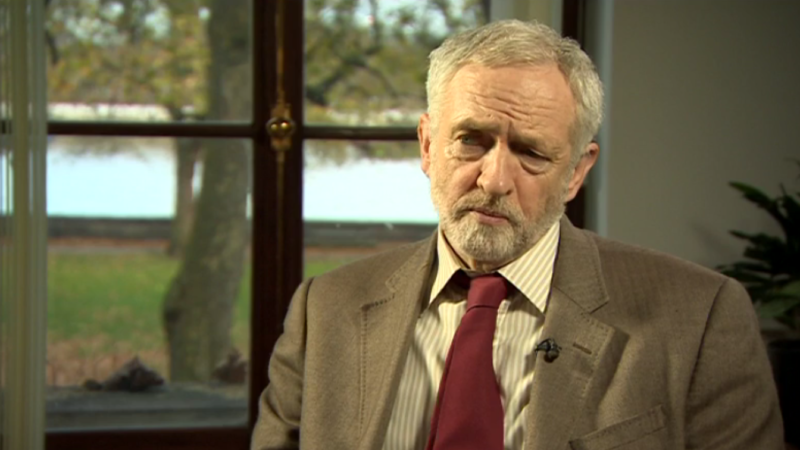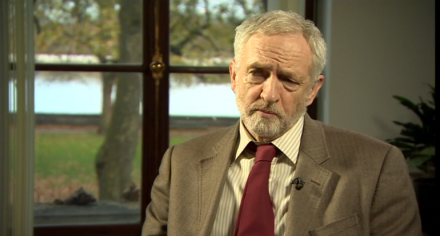

To end Conservative government, Jeremy Corbyn needs to transform Labour’s poll position from the 2015 defeat. A minimal objective – winning enough seats to block a Tory Queen’s speech in conjunction with the SNP – would require increasing Labour’s vote share by around 5 points. That would be around 1.5 million people in England and Wales who switch to Labour. If he doesn’t achieve that, then we are not now even half way through 15 years of Tory government.
For all the question marks about poll accuracy, they remain the best metric we have for understanding whether Corbyn is making the kind of progress needed to add these votes. If the trajectory is not in the right direction, it is hard to see how the votes will materialise.
The obvious place to look first is the voting intention numbers. At the general election, Labour scored 31% in Great Britain. December’s polls have shown Labour in roughly the same place – ranging from 33 to 29 %. However, many of the changes that the polling industry needs to make haven’t been made yet, so it is more likely than not that this number is – like the pre-election polls – an over-estimate.
You might argue that just months after a general election and 100 days into his leadership, it is too early to expect Labour’s vote to be up. The trouble with that argument is that 100 days into the last electoral cycle Labour had indeed grown its vote significantly – it closed 2010 tied with the Tories thanks to a windfall of Liberal Democrat votes. Arguably the troubles at the top of UKIP and the working class profile of their support could have provided a similar opportunity for Labour, as could the allegedly left-leaning priorities of Scottish voters who voted SNP and got the Tories. Neither of those shifts have materialized – UKIP are, if anything, up on the election and in Scotland the Tories are competing with Labour for second place.
One key lesson of the election is the importance of looking past voting intention numbers. Leadership matters too.
The usual model for a new party leader is that they poll ahead of their party, opening up groups of voters who have a set and negative view of the party but are open to a new face. Free of the baggage of being part of the last Labour government, with a manner and history that shows him an independent voice willing to say-it-as-he sees-it, Jeremy Corbyn had a better opportunity to build a personal vote than any Labour leader since Tony Blair.
He has certainly captured enthusiasm from some parts of the electorate, but unfortunately they are heavily outnumbered by voters who don’t rate him highly at all. Those dissatisfied with Corbyn outnumber those satisfied with Corbyn by a margin of 17 points. That doesn’t just compare unfavourably with the last two successful opposition leaders – who both had more people satisfied than dissatisfied at this stage – it also compares badly with the last three failed opposition leaders. Ed Miliband and IDS were in neutral territory at this point, while Hague was 11 points better off that Corbyn.
Of course, it is not just leadership ratings that are going to matter. Labour lost the last election because it was not trusted to spend wisely, to manage the economy or to deal with immigration. The Conservative’s 17 point lead on economic trust is the biggest since 2010.
Addressing these issues will mean getting a message across. In our most recent poll we found that two thirds of people don’t know what Jeremy Corbyn is saying. Just 1 in 20 think opposing austerity is his focus. If you look at his target audience of non-voters, the proportion who don’t know what he is talking about rises to 80%.
Three months in is perhaps early to judge whether he is going to be a success or a failure. But if these numbers don’t start shifting soon, then the country better start preparing for Prime Minister Osborne and all that will mean for its future.
James Morris is Director of the London office of Greenberg Quinlan Rosner and was polling adviser to Ed Miliband




More from LabourList
‘Tackling poverty should be the legacy of Keir Starmer’s government’
‘The High Court judgment brings more uncertainty for the trans community’
‘There are good and bad businesses. Labour needs to be able to explain the difference’